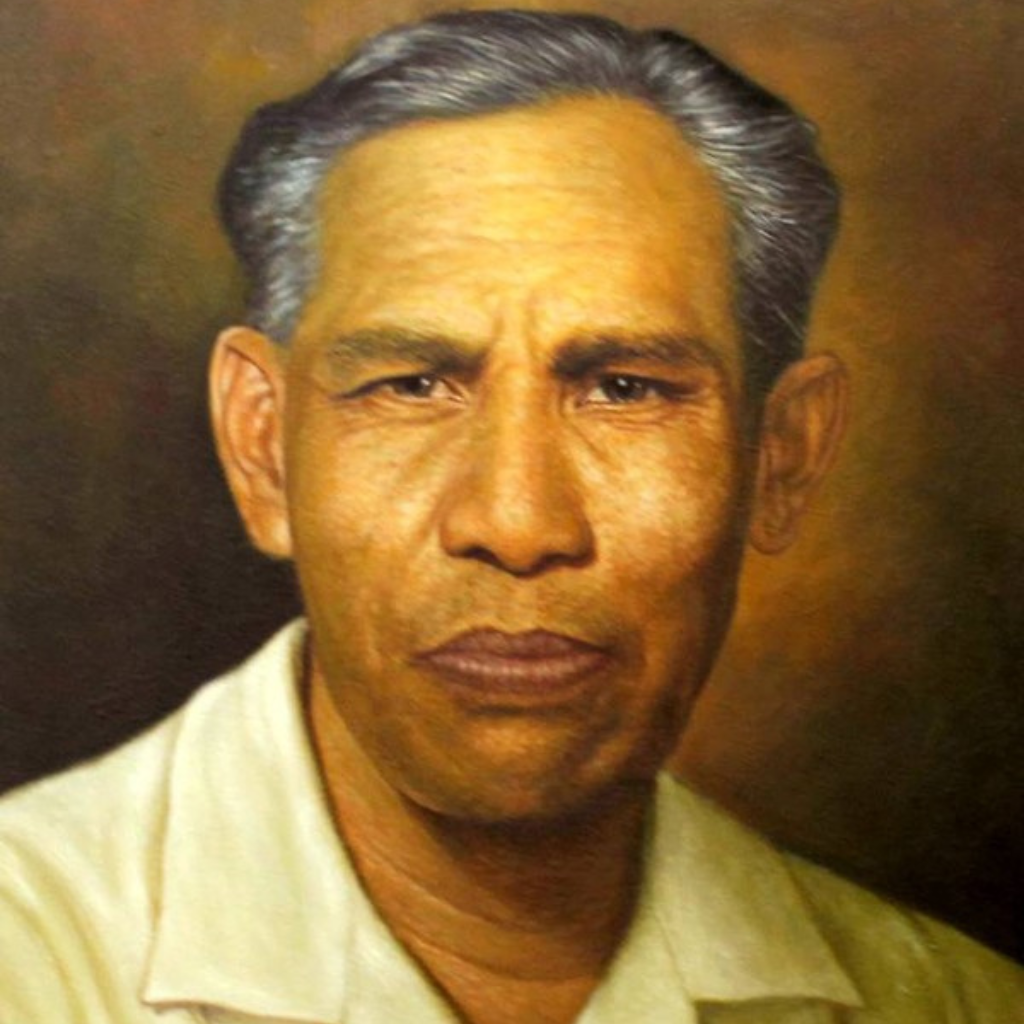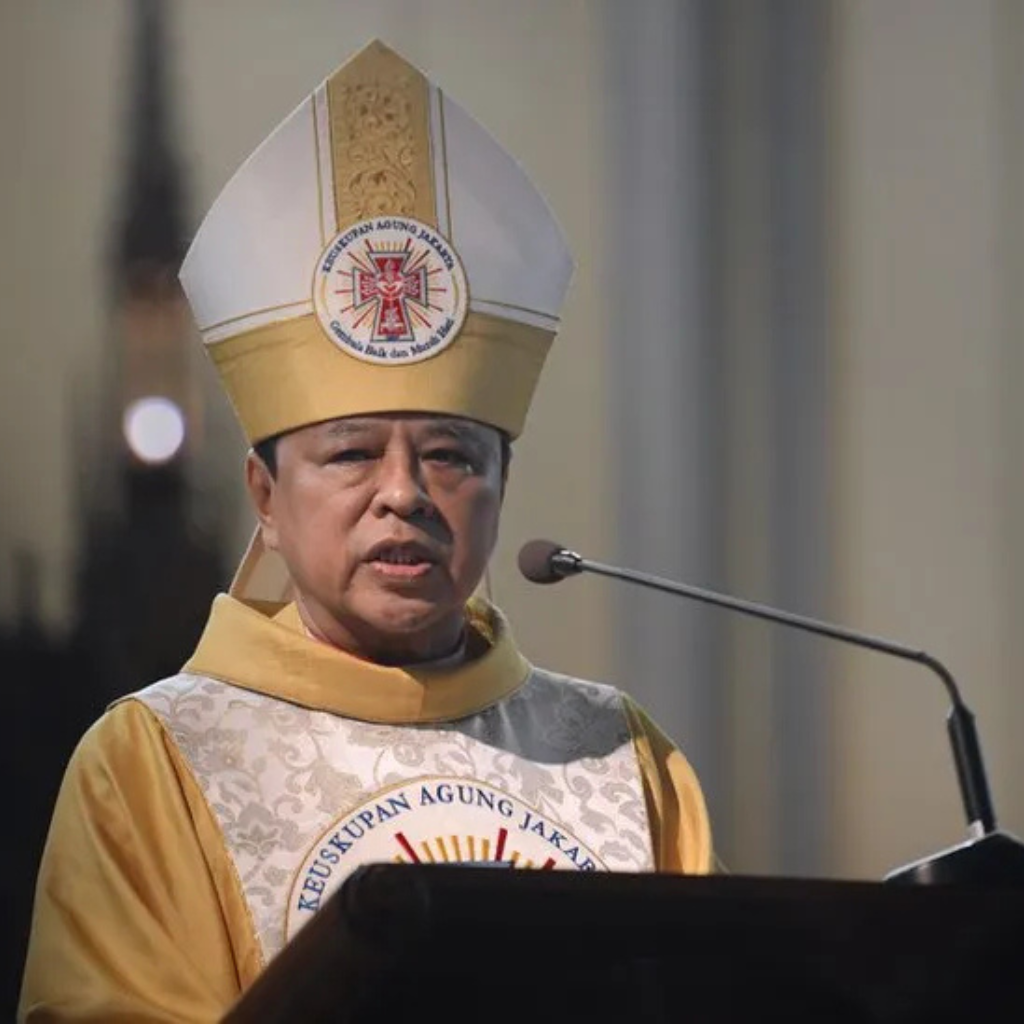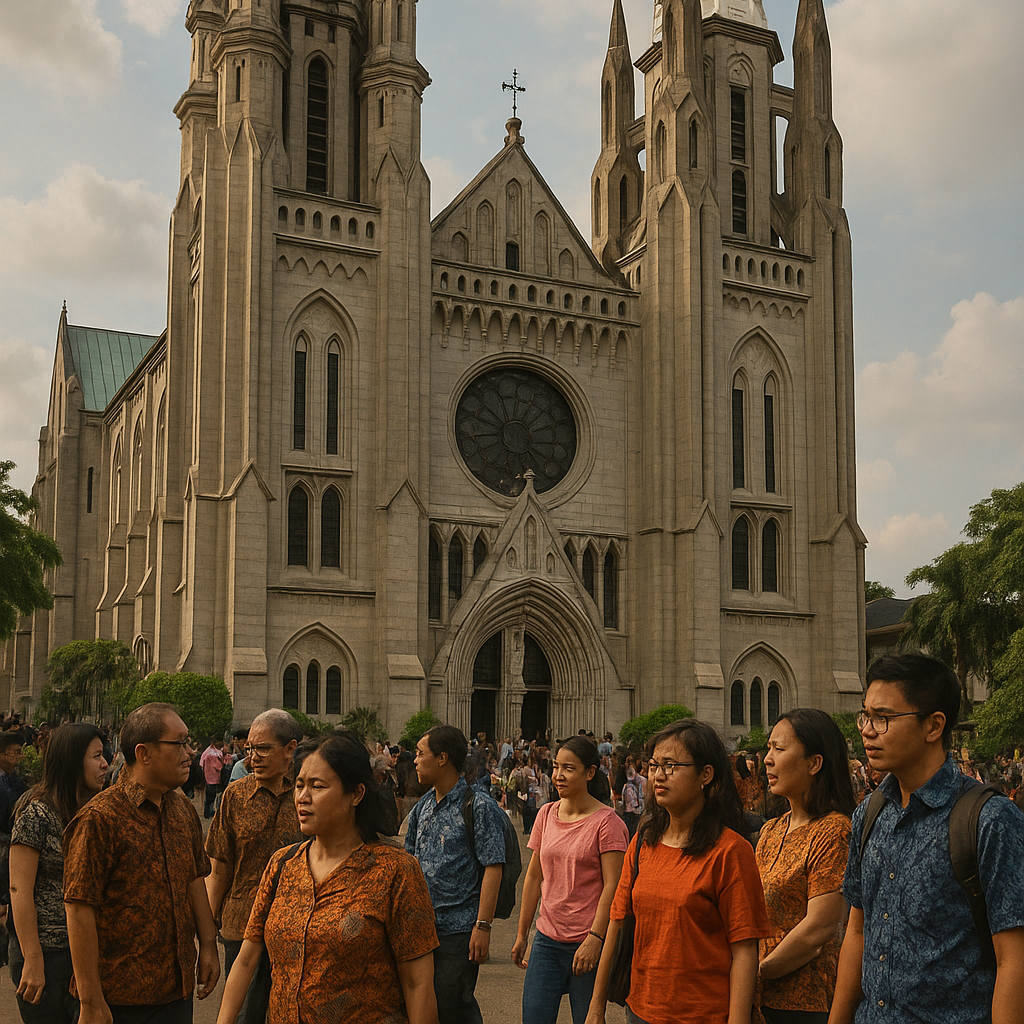Johannes Leimena: The Loyal Ambonese Serving the Nation
theolingua.id – Johannes Leimena is one of the national figures remembered for his simplicity, honesty, and dedication to the Indonesian government. For 21 years, he served as a minister in 18 different cabinets, making him one of the officials with the longest period of service in the era of President Sukarno. His consistency and loyalty to the country show that he was not only a politician, but also a servant of the people who always put the interests of the nation above personal interests.
Not only active in the world of politics, Leimena also had a background as a doctor who cared about the health of ordinary people. His expertise in the medical field made him fully understand the importance of equitable access to health care for all Indonesians. In addition, he is also known for his high spirit of tolerance, for establishing good relations with various groups, and for being active in creating unity amidst differences in society.
Early Life and Education
Johannes Leimena was born in Ambon on 6 March 1905. Losing his father at the age of five did not dampen his enthusiasm for education. He attended Ambonsche Burgerschool before moving to Cimahi with his uncle in 1914. His strong desire to learn led him to continue his education at Meer Uitgebreid Lager Onderwijs (MULO) and then at STOVIA (School of Medicine for Bumiputra). After becoming a doctor, he deepened his knowledge of internal medicine at Geneeskunde Hogeschool.
Career and Role in Government
In 1946, Prime Minister Sutan Sjahrir appointed Leimena as Junior Minister of Health. A year later, in Amir Sjarifuddin’s cabinet, he was entrusted with the position of full Minister of Health. In his capacity as minister, he made a significant contribution to the national health system, including pioneering the establishment of Community Health Centres (Puskesmas), which became the forerunner of basic health services in Indonesia.
Leimena also had a close relationship with President Sukarno. After the Lengkong Incident of 1946, in which many cadets were killed, Sukarno was devastated. Leimena, who was working as a doctor at the time, treated Sukarno with great care, even massaging him to sleep. From that moment on, their relationship became very close, and Sukarno often referred to him as ‘mijn dominee’ or ‘my pastor’.
Simplicity and Honesty
Leimena was known as a very simple figure. He only had two shabby shirts that he always wore, and even borrowed a suit from a friend when attending the Renville negotiations. When he was on duty in Yogyakarta, he refused state facilities and chose to rent a small room, even sharing it with his colleague to save costs. His simplicity was also evident in his family life, where his daily breakfast was simply boiled cassava.
His honesty and integrity made many people believe in him. Sukarno even said that Leimena was ‘the most honest person I have ever met’. This was proven when Leimena chose to leave the world of politics after the 30 September 1965 Movement, even though Suharto wanted to keep him as a minister. He declined politely through the mediation of Sultan Hamengkubuwono IX and chose to continue serving as a member of the Supreme Advisory Council (DPA) until 1973.
Role in Tolerance and Diversity
As Chairman of the Indonesian Christian Party (Parkindo) from 1950 to 1957, Leimena always upheld the values of tolerance. His friendship with Mohammad Natsir, a Masyumi figure who fought for Islamic Sharia, showed his openness to diversity. In fact, he allowed his daughter to marry a Muslim and follow her husband’s faith, a clear testament to his tolerance.
Legacy and Awards
Johannes Leimena contributed not only to politics, but also to the field of health. He formulated a free health system and established the Mother and Child Welfare Centre (BKIA), which later developed into the National Family Planning Coordinating Agency (BKKBN). He is also known as the designer of ‘Leimena Ointment’, a remedy for minor skin diseases that was very popular in his day.
After retiring from politics, he remained active in various organisations, including the Indonesian Christian University (UKI) and the Association of Indonesian Churches (PGI). On 29 March 1977, Johannes Leimena breathed his last in Jakarta. His extraordinary service was finally recognised with the award of the title of National Hero in 2016.
Leimena’s life story is a reflection of a leader who is not only intelligent and competent, but also has integrity, is simple, and is full of tolerance. As singer Glenn Fredly said, ‘Stories of exemplary leadership like Leimena’s need to be brought up again to build new hope for the nation’s generation.’








